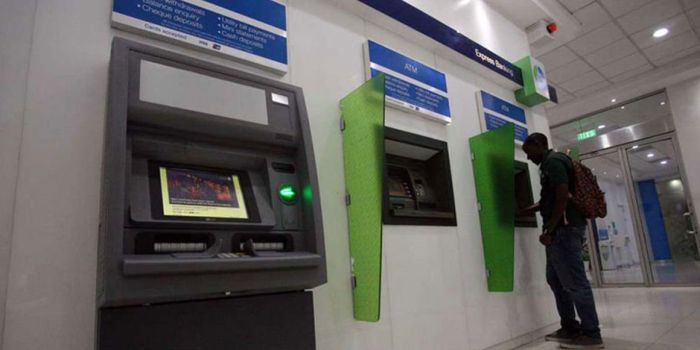Financial institutions have implemented new regulations that will allow the taxman to access bank account details to promote transparency and enhance efforts to curb tax evasion.
This is in line with the Common Reporting Standard (CRS) regulations which were ratified under the Tax Procedures Act 2023. The regulations require financial institutions to collect and report information relating to their customer’s account details.
Several Kenyans acknowledged receiving an email from the bank, notifying them of the new changes and requesting to comply with the directive.
“Under the CRS, tax authorities require financial institutions to collect and report information relating to their customers’ tax statuses.
“(Name of bank withheld) is therefore required by law to review all our customers and establish their tax residency through customer information provided or self-declaration,” read part of the message.
“We may therefore reach out to you for any additional information as required by law where the information currently provided is not sufficient to establish your tax residency.”
CRS was established under the Finance Act 2021 through the introduction of Section 6B to the Tax Procedures Act (TPA).
The regulation is similar to the United States’ Foreign Account Tax Compliance Act (FATCA) – a law that requires all foreign financial institutions and other non-financial entities to share financial information of US account holders with the Internal Revenue Service (IRS).
The individual accounts will be categorised into two; low and high-value accounts. Lower-value accounts are accounts that have an amount that does not exceed Ksh160 million (1 million US dollars) while high-value accounts exceed the said threshold.
Banks will be required to provide the following details for low-value account holders including the residence status, address, telephone numbers, email address and beneficiaries.
On the other hand, enhanced procedures are applied for high-value account holders including a review of electronically searchable databases, a review of the master file and documentation provided in the past five years. The move is also aimed at curbing money laundering loopholes and increasing revenue collection across the country.


















